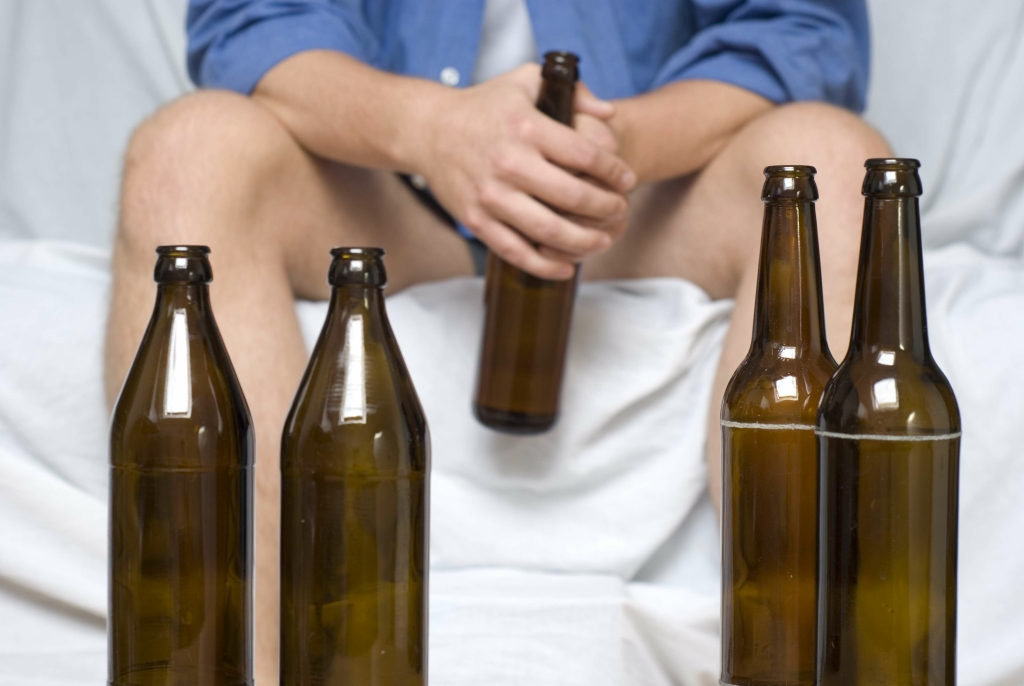Treatment professionals will also be able to provide you with medication to help ease the pain. After detox, you will be able to move forward with other forms of treatment and therapy. Many health care professionals and programs have offered telehealth alcohol treatment for years. Now, since the pandemic, more providers are offering phone or video sessions.
Telehealth Options for Alcohol Treatment
Alcohol withdrawal symptoms can shift quickly and violently – you can experience minor symptoms to extremely severe side effects in a matter of hours. There are many alcohol treatment programs that focus on helping alcohol addiction help individuals overcome drinking problems, no matter how minor or how serious. Specialized rehab facilities offer many benefits to those struggling with alcohol addiction. For example, treatment providers will be able to help alleviate some of the most painful of withdrawal symptoms, as well as provide 24/7 support through the entire recovery process.

Are online alcohol support groups right for me?
We share both what questions to ask and how to listen for quality in the answers. The availability of community care groups often depends on where a person is located. For instance, medium-sized to larger cities may offer a broader range of support groups that cover certain https://vipsride.com/how-to-spot-an-alcoholic-face-6-crucial-signs/ recovery topics or are gender-specific. In smaller areas, continuing care groups can sometimes be limited and require a person to travel longer distances for treatment. Based on the assessment, completion of a substance use disorder treatment program may be required by the DMV. If you’ve become dependent on alcohol, cutting it out of your life may produce withdrawal symptoms, such as a rapid heartbeat, high blood pressure, sweating and shaking.
- Similar to popular dating apps, Sober Grid will find other sober people in your area using your GPS.
- Online support groups can provide ease and accessibility for people unable to leave their homes or fit a meeting into a hectic schedule.
- Anyone with a desire to stop drinking is welcome, regardless of race, gender, sexual orientation, religion, income or profession.
- Milder cases — when people abuse alcohol but aren’t dependent on it — are as well.
All calls generated from area codes in every other state will be answered by The Healing Place, a paid advertiser. Any treatment center receiving calls from the site is a paid advertiser. Calls to numbers on a specific treatment center listing will be routed to that treatment center. Calls to any general helpline will be received by The Healing Place or Refine Recovery, both paid advertisers. We publish material that is researched, cited, edited and reviewed by licensed medical professionals. The information we provide is not intended to be a substitute for professional medical advice, diagnosis or treatment.
What Government Treatment Options Are Available For Alcoholism?
When visiting your doctor, they may choose to do a physical exam and psychological evaluation before diagnosing AUD. Read more to see whether an online sobriety support group is right for you. If you have a concern about a national helpline or free talk hotline for any condition, our recommendation would have to be that you verify confidentiality with them.

Ask About The Types Of Therapies Offered
Alcohol withdrawal syndrome affects Drug rehabilitation nearly two million Americans each year. Symptoms of alcohol withdrawal syndrome can surface as early as two hours after a person’s last drink. Alcohol addiction rehabs offer a safe, secure and comfortable environment during the withdrawal phase. One of the most clear signs of alcohol dependency is experiencing alcohol withdrawal. Alcohol withdrawal is the changes the body goes through after a person suddenly stops drinking after prolonged and heavy alcohol use.
For more information, please visit the NIAAA Alcohol Treatment Navigator®, an online tool that helps individuals find the right treatment for them—and near them. The Navigator offers a step-by-step process to finding a highly qualified professional treatment provider. If someone is struggling with alcohol abuse, make sure to seek professional help. Alcoholism is a destructive addiction on both physical and emotional levels. Get in contact with one of many alcohol hotlines, and talk as soon as possible to a friendly and non-judgmental professional. There are many online resources, alcohol support groups and counselors that can help family members learn how to support their loved one’s recovery without enabling them.
- Before you do anything, it’s important to know whether your friend or loved one has an alcohol addiction.
- Although parts of counseling can be difficult, you will be able to uncover underlying issues that may have fueled your drinking and find out how to overcome them.
- When you’re struggling with an alcohol use disorder (AUD), you may feel as though there’s no end in sight, but you don’t have to suffer alone.
- Evaluate the coverage in your health insurance plan to determine how much of the costs your insurance will cover and how much you will have to pay.
Give them time and space to make an honest decision, and listen to what they have to say. If you have insurance coverage or other means to cover the costs, you can build your own care team. The Navigator can help you find therapists and doctors with addiction specialties to team with your primary care provider.
For example, SAMHSA’s comprehensive list of treatment programs is widely used by individuals and loved ones who are researching local recovery services. With a growing number of people suffering from alcohol use disorders (AUDs), the federal government and individual states are focusing on affordable treatment services. Not only do many of these programs help individuals, they also provide assistance to family members, friends and community members. When neighborhoods work together to educate families and children about the effects of alcohol abuse, they build a better tomorrow for future generations. PAWS is one of the leading causes of relapse for individuals that have completed alcohol addiction treatment.
- The Substance Abuse and Mental Health Services Administration (SAMHSA) is one of the largest government agencies that provides alcohol and substance abuse treatment resources.
- Before starting the treatment process, a person must first recognize their condition and have a desire to quit drinking.
- Ongoing recovery programs provide you with the necessary tools and resources for maintaining an alcohol-free lifestyle.
- Only trained and licensed medical professionals can provide such services.
- Sometimes, if the warning signs of alcoholism are caught in the early stages, an outpatient setting may provide sufficient treatment.
Treating Alcoholism
When you call the hotline, you’ll be connected with an AA member who can talk to you about your current situation and help you the best that they can. The National Institute on Drug Abuse (NIDA) provides scientific data about causes of alcoholism, as well as the short- and long-term effects of heavy drinking. Having a comprehensive understanding about alcohol use disorders helps develop new ways to treat those who are battling a drinking problem. The organization has a wide range of studies containing information about how excessive alcohol consumption affects and rewires the brain. Instead, these are groups of people who have alcohol use disorder. Examples include Alcoholics Anonymous, SMART Recovery, and other programs.
